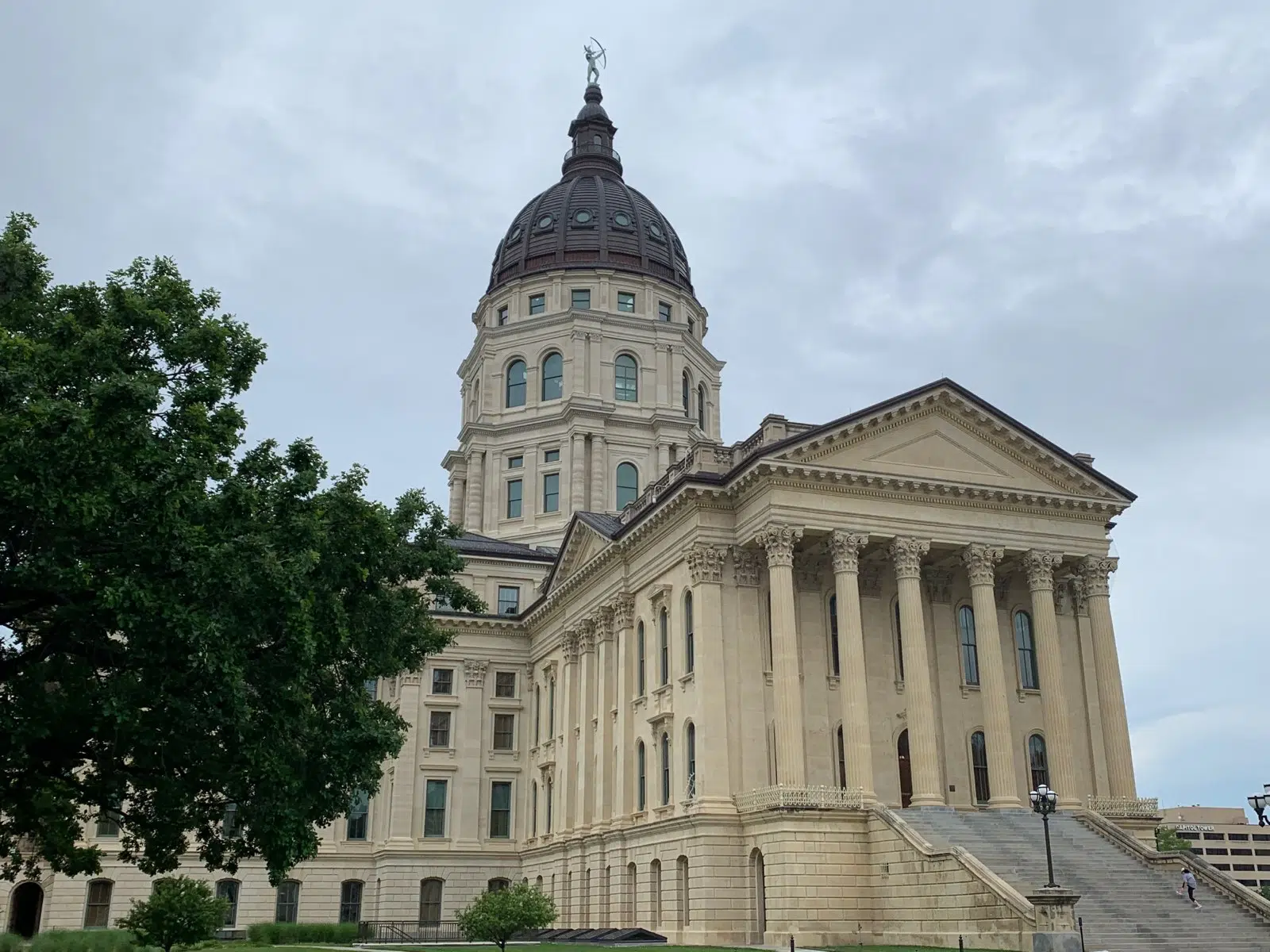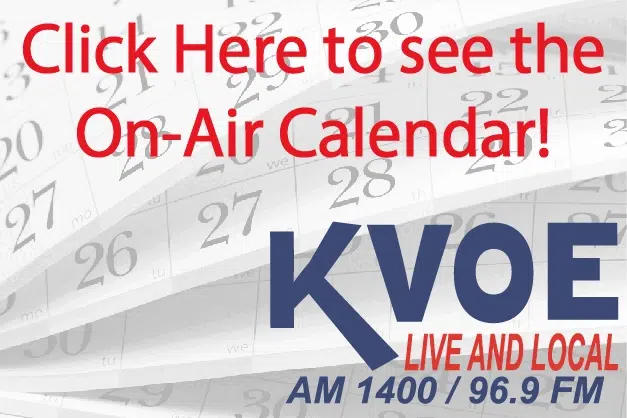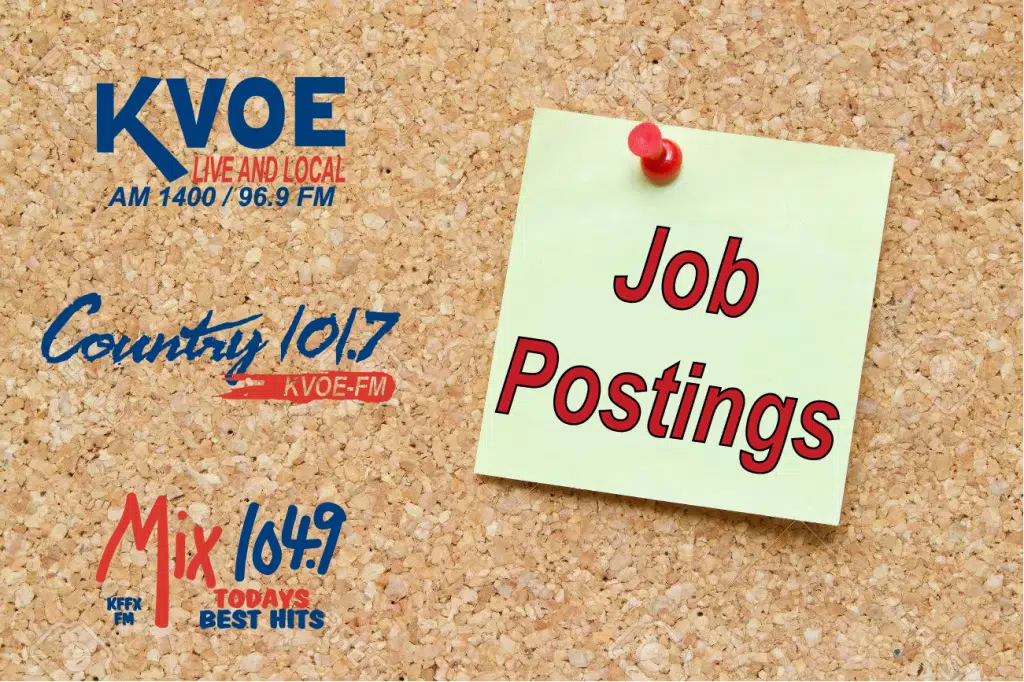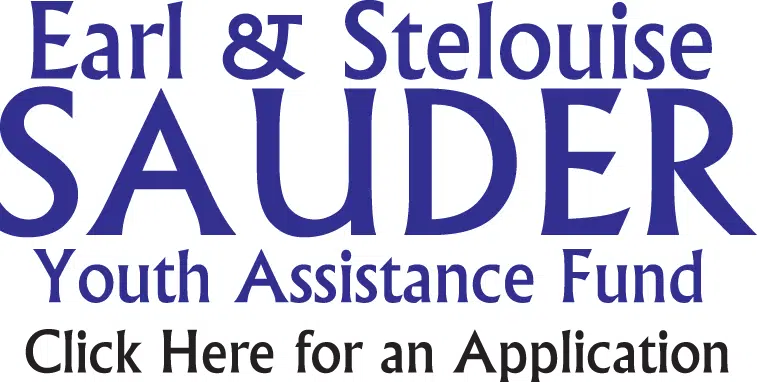The Kansas Senate and House have both approved a revised tax relief plan which should gain approval by Kansas Governor Laura Kelly.
The Legislature passed the “tax compromise bill” by a vote of 34-4 in the Senate and 121-2 in the House Tuesday. The new plan includes a two-bracket tax code, rate reductions, statewide property tax reductions, larger exemptions helping lower-income residents and will repeal the state tax on Social Security saving taxpayers roughly $1.2 billion over the next three years.
The plan also includes an increase in state childcare tax credits from 25 percent to roughly 50 percent of the Federal tax credit. 17th District Senator Jeff Longbine of Emporia says it is a strong plan, but he does not believe a special session was necessary to develop it considering it differs very little from Senate Bill 36 which was vetoed by Governor Kelly last month.
When asked his thoughts on the need for a special session, 60th District Representative Mark Schreiber of Emporia says it is unfortunate “we had to go this deep into the fiscal year” to approve the legislation, but is thankful they will be able to get dollars back into the hands of taxpayers.
Governor Kelly has already stated her intention to sign the plan into law.
In separate business, the legislature spent much of the day Tuesday debating a new package intended to draw either the Kansas City Chiefs or Royals — or possibly both — to Kansas. The plan is to utilize STAR Bonds to help bring one or both of the teams across the Missouri-Kansas line with the Kansas House voting 84-38 in favor of the plan Tuesday afternoon.
Just a few hours later, the Kansas Senate would approve the plan by a vote of 27-8. Despite the legislature’s overwhelming passage of the plan, the final say will come down to the Chiefs and Royals as to whether or not they want to relocate to Kansas.
If one or both were to do so, the state would use the STAR Bonds to cover up to 75 percent of costs related to the construction of stadiums while offering a 30-year payback timeline. Normally, STAR Bonds cover only half of such a project’s cost with a 20-year payback timeframe.
When asked why the increases in time and funding are necessary, Longbine says it is because the state has never seen a project of this size when it comes to the capital investment and amount of dollars involved.
If the plan moves forward, sales tax on alcohol sales and revenues from sports gambling and lottery gaming will be used to help the team or teams pay back the bonds. As Longbine mentioned, this would be the first time the state has seen a project of this size, but it is not the first time it has utilized STAR Bonds for a similar venture.
STAR Bonds have been used in the past to assist with the construction of the Kansas Speedway, which is primarily used as a host site for NASCAR events, as well as Children’s Mercy Park which houses Sporting KC.





















